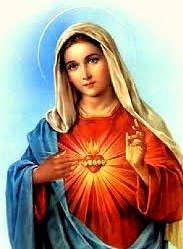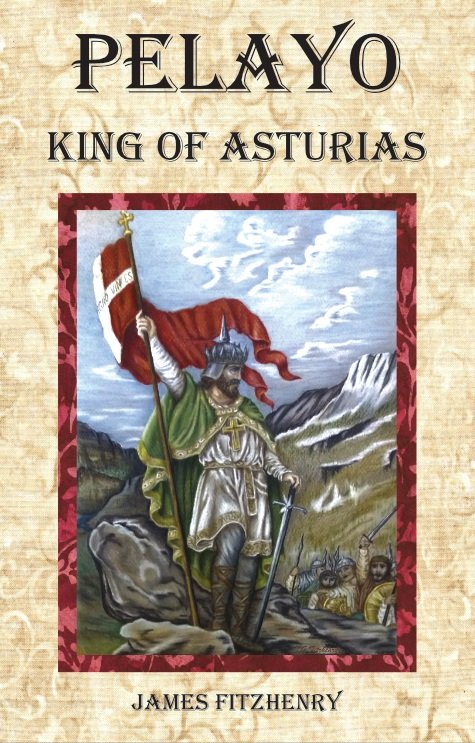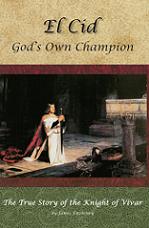Feasts of Our Lady

September 1: Collection of all the Feasts of Our Lady, celebrated at Louvain.
The Abbot Orsini writes that “A feast is kept in honor of the Blessed Virgin, called the Collection of all the Feasts of Our Lady.”
Louvain refers to Leuven, the capital of the province of Flemish Brabant in the Flemish Region of Belgium. There was once a chapel called Notre-Dame de Leuven, or Our Lady of Louvain, which had stood near the church tower of a separate church dedicated to Saint Peter. The chapel owed its origin to an image of the Blessed Virgin Mary that was given by a group of monks from Abbey Park as a sign of brotherhood in the year 1132.
According to tradition, the wooden statue, which depicted the Blessed Virgin seated with the Divine Child in her lap, was a gift from heaven deposited on the earth by heavenly angels. The image excited a lively religious fervor upon its reception, and there are numerous miracles credited to pious devotion to the image of Our Lady of Louvain.
Feasts of Our Lady
Over 350 years later, as the chapel of Our Lady of Louvain was built on land that was needed for the construction of the new, and larger, church of Saint Peter, it was necessary to demolish the chapel. In a letter dated March 28, 1496, Bishop John Horne of Liege, authorized the transfer of materials from the chapel of Our Lady of Louvain to the new basilica of Saint Pierre. The old chapel was demolished two years later in 1498, and the statue of the Virgin was placed on a special altar in the collegiate church of Saint Peter. Every year, on the eve of the first Sunday in September, the miraculous image of Our Lady of Louvain had been carried in procession by the canons and members of the magistrate while bells tolled and musicians accompanied the image singing the Salve Regina. Some time later the statue became known by the title of Notre-Dame-sous-la-Tour.
The original church of Saint Peter was made entirely of wood, and completed in about 986. It burned to the ground in 1176. It was rebuilt in Romanesque style with a crypt at the back in the choir. The church had two west towers, and that image is still used as the ancient seal for the city. The church was then enlarged in 1425 in the Brabantine Gothic style. The church of Saint Peter was heavily damaged in both world wars, but most importantly, the original statue of Our Lady of Louvain was completely destroyed in 1944 from allied bombing during World War II, and it is now only a replica that is on display at the church.
Collection of all the Feasts of Our Lady
*from the writings of the Abbot Orsini and other sources
James Fitzhenry, roman-catholic-saints.com, Marian Calendar
Have A Great Story About This Topic?
Do you have a great story? Have You Visited This Shrine? Share it!
Return to Marian Calendar September
Return to Roman Catholic Saints Home Page from Feasts of Our Lady
Now Available!!
Pelayo's resistance initiated the nearly 800-year-long Reconquista to take back his country from the ruthless invader who had conquered his homeland and sought to erase his culture and his faith. His actions would lay the foundations of a Kingdom for Christ that would eventually reach around the world and spread the Catholic faith to millions of souls. Read more...
Please help us continue to bring high quality books to our readers at the lowest possible price! Click the link below! Thank you!
Now Available!
Catholic Vitality Publications presents . . .Brand new by
James Fitzhenry
Now in paperback!
Battles - Honor - Miracles! This
book is filled with amazing stories of little-known Catholic heroes presenting
spectacles of bravery and valor never exceeded in all the annals of history. read more. . .
Now Available for $24.95
Also available:
Catholic Vitality Publications
Roman Catholic books currently published by Catholic Vitality Publications:
El Cid, God's Own Champion
-the amazing true story of the life of Rodrigo Diaz, El Cid!
Available for only $22.95
St. Fernando III
A Kingdom for Christ
- King St. Fernando III, born 100
years to the month after the death of
the Cid. His life was filled with miracles
and many conquests!
Available now for $26.95
Discounts available for bulk
orders and for bookstore
retail sales! Just contact us




